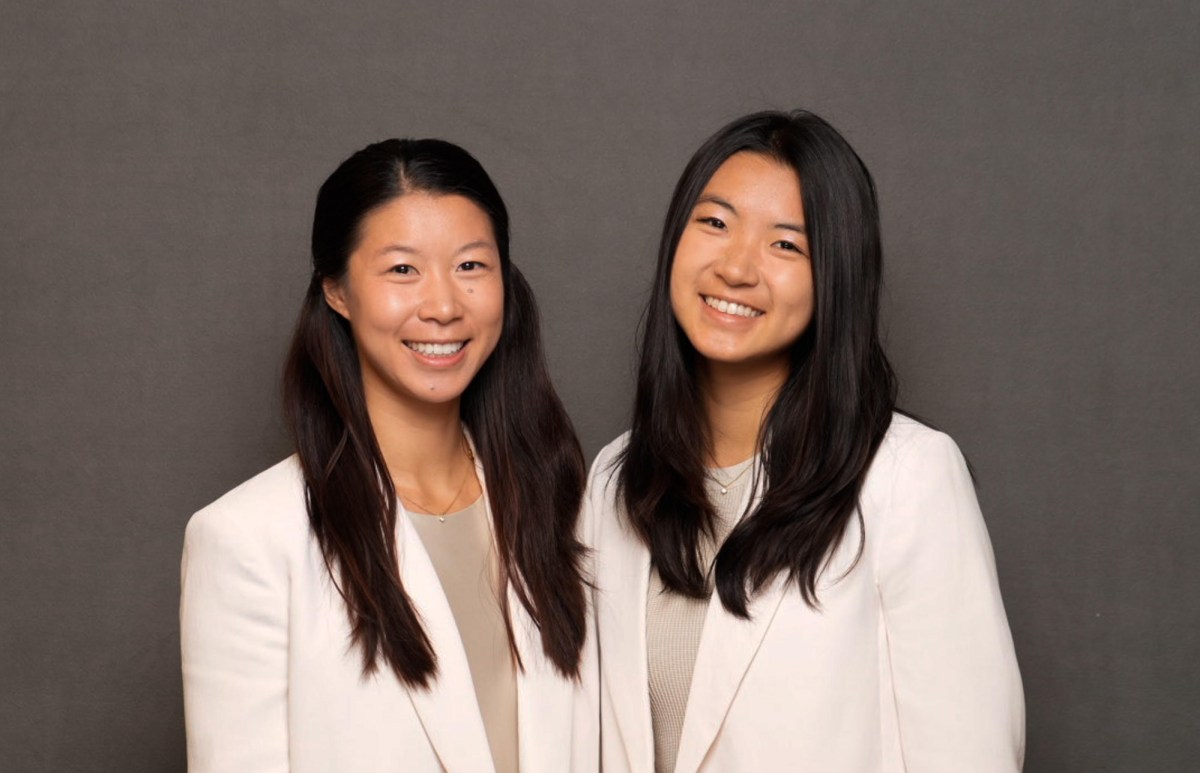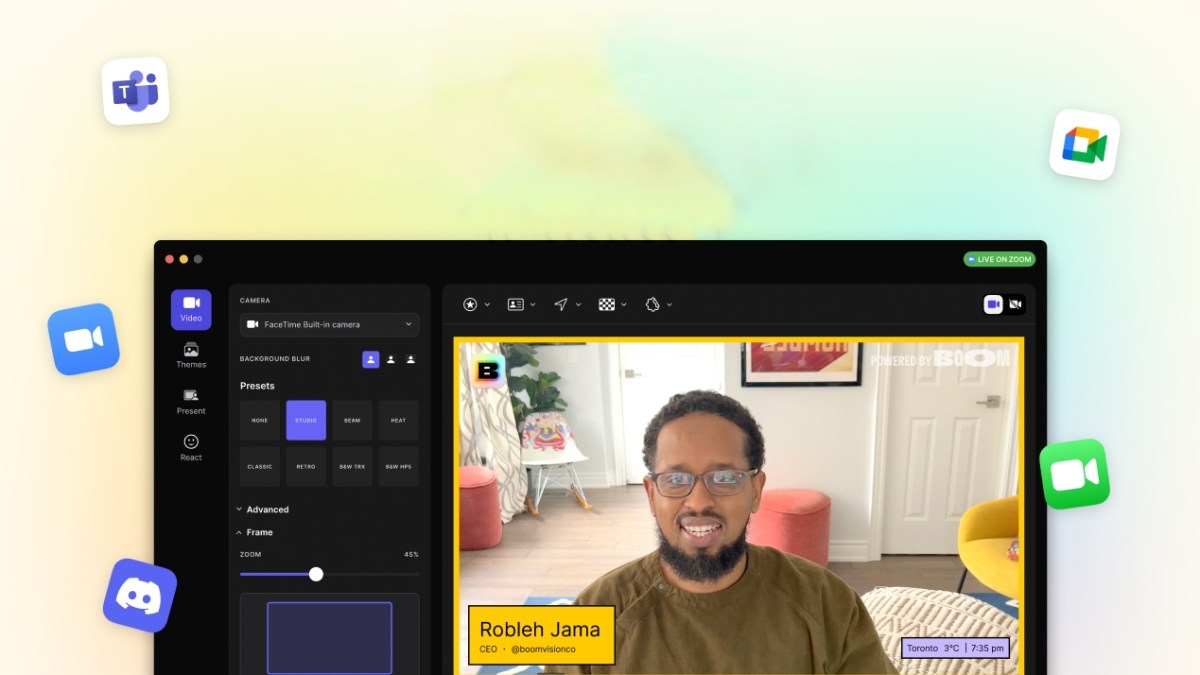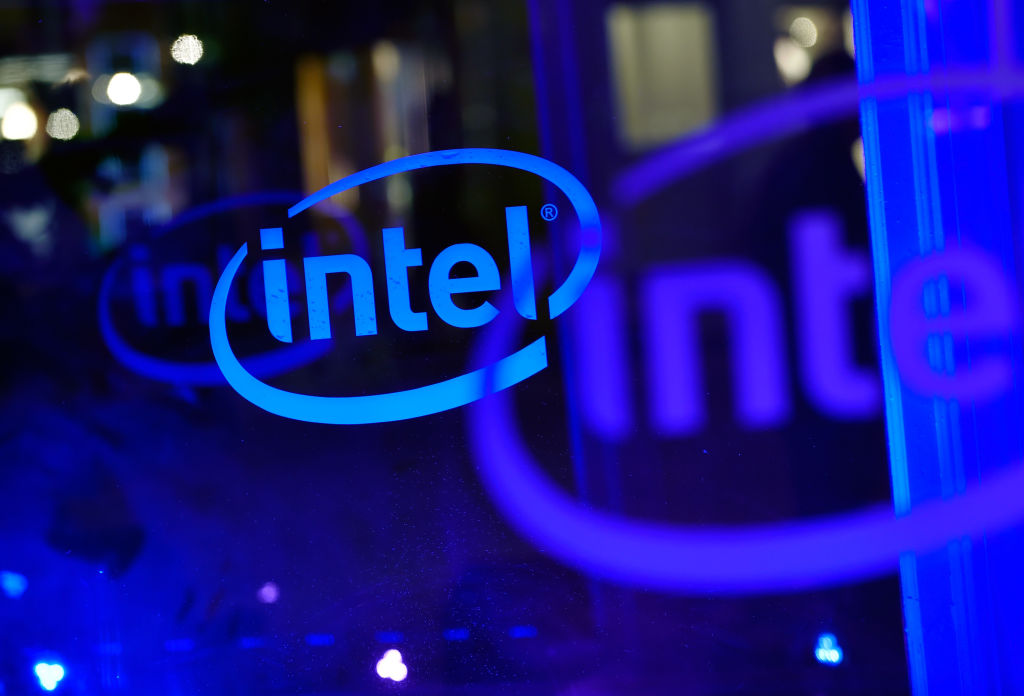On Wednesday, some Harvard students made headlines by outfitting a pair of Ray-Ban Meta glasses with facial recognition. The DIY project is the latest piece of news to stoke privacy concerns around the ubiquitous technology. As cameras become increasingly prevalent in society, the issue has grown in importance.
Connectivity has a big role in this conversation as well. Remote server requirements introduce their own security/privacy concerns. Even more issues arise when Ring’s parent Amazon and law enforcement enter the picture.
Established in 2017, Plumerai’s key value prop is technology that enhances on-device AI processing. The London-based firm’s has developed a method for performing tasks like people detection and familiar face identification that don’t require sending data to a remote server.
Tony Fadell is an early investor. The iPod creator cites issues he ran into as the co-founder of Nest in his decision to back the company.
“We’d have to worry so much just about the storage cost and the data transmission costs,” he tells TechCrunch. “We’re taking full frames. It’s a ton of stuff that we’re recording, but not recording on-camera. I felt the weight of this all the time.”
Additional computers mean additional spending for companies, which is — more often than not — passed onto the consumer. Fadell points to Ring’s recent decision to double its professional 24/7 monitoring costs as a key indicator.
Plumerai specializes in tiny AI, trained on significantly smaller models than the big, black box that are foundational to platforms like ChatGPT. That manner of large language model (LLM) relies on vast depositories of data that both require far too much compute power for a small consumer electronics device and are prone to hallucinations.
Fadell likens the move to smaller models to his time working on the iPod.
“The only reason the iPhone could exist is because we started small with the iPod. Usually you can grow things up, you can’t make big things small,” he says. “So we started really small and grew the iPhone up from that. Remember, Microsoft tried to take Windows and make Windows Mobile on a phone. They take this big thing and it never worked. You have to start small, and then you grow from there.”
“We’ve been working on this for a very long time,” Plumerai CEO Roeland Nusselder tells TechCrunch. “If you look at it empirically, our tiny AI is more accurate and runs on lower cost, lower power chips than anything else that’s out there — especially in the smart home camera market.”
The startup has found a believer in the Chamberlain Group. The Illinois firm, which is the corporate parent to brands like myQ and LiftMaster, will incorporate Plumerai’s offering into its smart cameras, beginning with an outdoor cam.
“All of the AI features are from Plumerai, running locally on the camera,” Nusselder says. “How I look at Chamberlain is a company that’s not a Big Tech company, but that’s able to achieve really great things with small AI.”
Plumerai hasn’t disclosed its own headcount, but it’s almost certainly well below the teams that power Ring and Nest. Being a relatively lean startup means that it has thus far been focused on its own market segment. That’s not a luxury afforded to brands now under the banner of massive corporations like Amazon and Google.
Fadell, who has spent time as an executive at some of the world’s largest tech firms, is now focused on assisting startups like Plumerai.
“Focus is the key,” he explains. “I have learned that small teams — in the 10s, the 50s — can really do a lot when it’s the right set of expertise around the table. I like to be at the tip of the spear on disruptive technologies. It’s small teams with the right idea.”
Catch Tony Fadell at Disrupt 2024 — get your tickets here.




